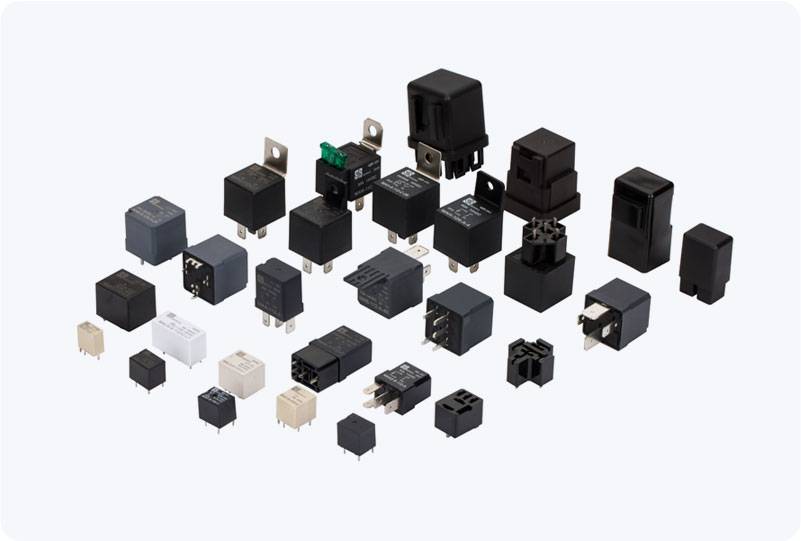understanding industrial timer relay: key features and applications
Release time:2025-10-29 01:05:45
An Industrial Timer Relay is an essential component in modern industrial automation systems, allowing precise control over time-based operations. By integrating a timer relay, industries can optimize their workflows, automate complex processes, and improve overall efficiency. This article delves into the functionality, types, and applications of industrial timer relays, showcasing their significance in manufacturing, energy, and automation.

What is an Industrial Timer Relay? An industrial timer relay is an electrical device used to manage time-dependent control operations. It combines the features of a relay (which switches electrical circuits on or off) and a timer (which introduces a time delay in the operation). The device can delay, start, stop, or cycle operations, depending on the preset time settings. This combination of functionality allows timer relays to be used in various applications where precise timing and automation are crucial. How Does an Industrial Timer Relay Work? Industrial timer relays typically operate by switching electrical contacts after a specified time delay. Once the relay is energized, the internal timer counts the preset time. Upon completion of the delay, the relay either opens or closes its contacts, activating or deactivating the connected load. Depending on the type of timer relay, the delay could be on delay (the relay operates after a certain period of time), off delay (the relay stays on for a period after the signal is removed), or cyclical (repeated time-based switching).

